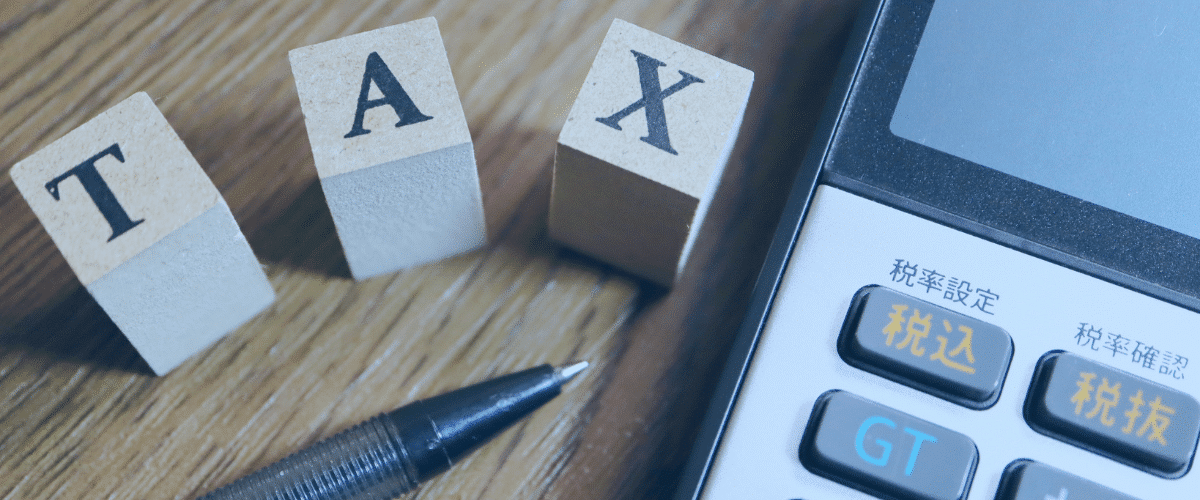There are lots of businesses that receive orders from customers overseas and buy goods in Japan for margins. We also have several clients doing the business too. Their margins are relatively low in many cases that is mostly in the range between 1% to 10%. Some businesses only charges 300 yen per item. Still they are surviving and sometime very profitable. Why?
It’s because their source of profit is not only the fees on their price tag but also a hidden source of profit that is not very visible from eyes of customers overseas. They count on Japanese Consumption Tax refund that is 10% of the price itself.
However, there is a potential issue here. If they are buying goods just on behalf of customers, they may be regarded merely as an agent and will not get the tax refund.
The rule of thumb is that the consumption tax is refundable only to real buyers. If they are buying goods in Japan on behalf of somebody like an agent, that somebody behind you should be the one to receive refund. There is a risk that the tax office say no to the refund claim for those purchasing things on behalf because the tax office can think that the real buyer is not the one who makes purchases in Japan and claims refund but his customers overseas.
The line between an agent and a dealer is a bit vague.
What you should do to avoid the situation?
You want to make it clear that you are buying and selling like a dealer. Please take a receipt under your name (not your customers’ name). On your invoice to customer, please make sure that you are selling goods that are bought for your customers. You are not just charging your fees of certain percentages. If you are displaying to your customers that your fee is certain percentage, what you are doing is agent. Your need to change your substance of your business model from being an agent to a dealer.
Also when you ship it, you may need to get an export permission (輸出許可証). Take it under your name.
I would like to make it clear that it is perfectly legal to receive orders from customers first and then buy and sell. Taking orders from customers for specific goods does not necessarily means that you are buying things as an agent. Civil Law article #561 allows to have an agreement to sell which is not under your possession yet.
Who bare the risk of hidden problem?
One of the criteria when it comes to a tax audit is whether you will take responsibility and risk of the goods delivery. For example, you had a car accident and damaged your goods, would you be paid or you would not? If the answer is yes, your customer is taking the risk and you do not. The legal implication may be that the ownership of the goods are already transferred to the owner even before physical delivery.
Who pay insurance?
Another factor to determine whether ownership is transferred to your buyer before the delivery is who pays for insurance. If insurance is paid by your customer, it suggests more that the buyer already owns the goods.
If you have only one customer and make purcahses exclusively for him, you are at risk. You may be seen as an agent of the customer.
Free consultation
If you have any concerns or you are already in trouble with the tax audit, we are happy to provide a consultation for free. Please contact through our contact form.



